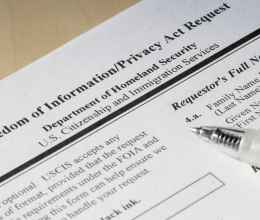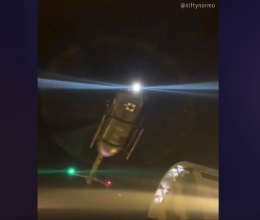After the New York Times disclosed in December 2005 that the National Security Agency was engaged in warrantless interception of domestic telecommunications, the ACLU and the National Security Archive filed a Freedom of Information Act (“FOIA”) request for documents relating to that activity and requested expedited processing. The government acknowledged that we were entitled to expedited processing, but after a month had passed without further response we filed suit in February 2006.
The court promptly ordered the government to produce or identify all responsive records. But the government claimed that various FOIA exemptions covered everything except innocuous public documents defending the program. In September 2007, the court upheld some of the withholdings and found the government’s justifications inadequate as to others, but the court did not order the latter documents disclosed; instead, the court gave the government another chance to explain why they could be withheld. A year later the court again upheld the government’s arguments as to most of those documents but rejected them as to ten memoranda from the Department of Justice Office of Legal Counsel. Still, the court did not order those documents disclosed, but directed the government to submit them for in camera review (that is, confidential review by the judge). The government submitted the documents in November 2008.
The court had still not ruled in February 2014, when the government agreed to our request to “reprocess” these ten documents, in light of recent declassifications of material that we believed was likely to be similar or identical (declassifications made in response to the Snowden disclosures). We informed the court of this agreement, but five weeks later the court issued a decision finding that the ten documents were properly classified in full. We filed a motion asking the court to vacate his decision pending the government’s agreed reprocessing. The court has not yet acted on that motion, and the government has declined to reprocess, viewing the case as closed.
During the next five years, we repeatedly reminded the court of our pending motion, to no avail. Finally, in March 2019, we gave up and asked the court to dismiss the case, which it did.



